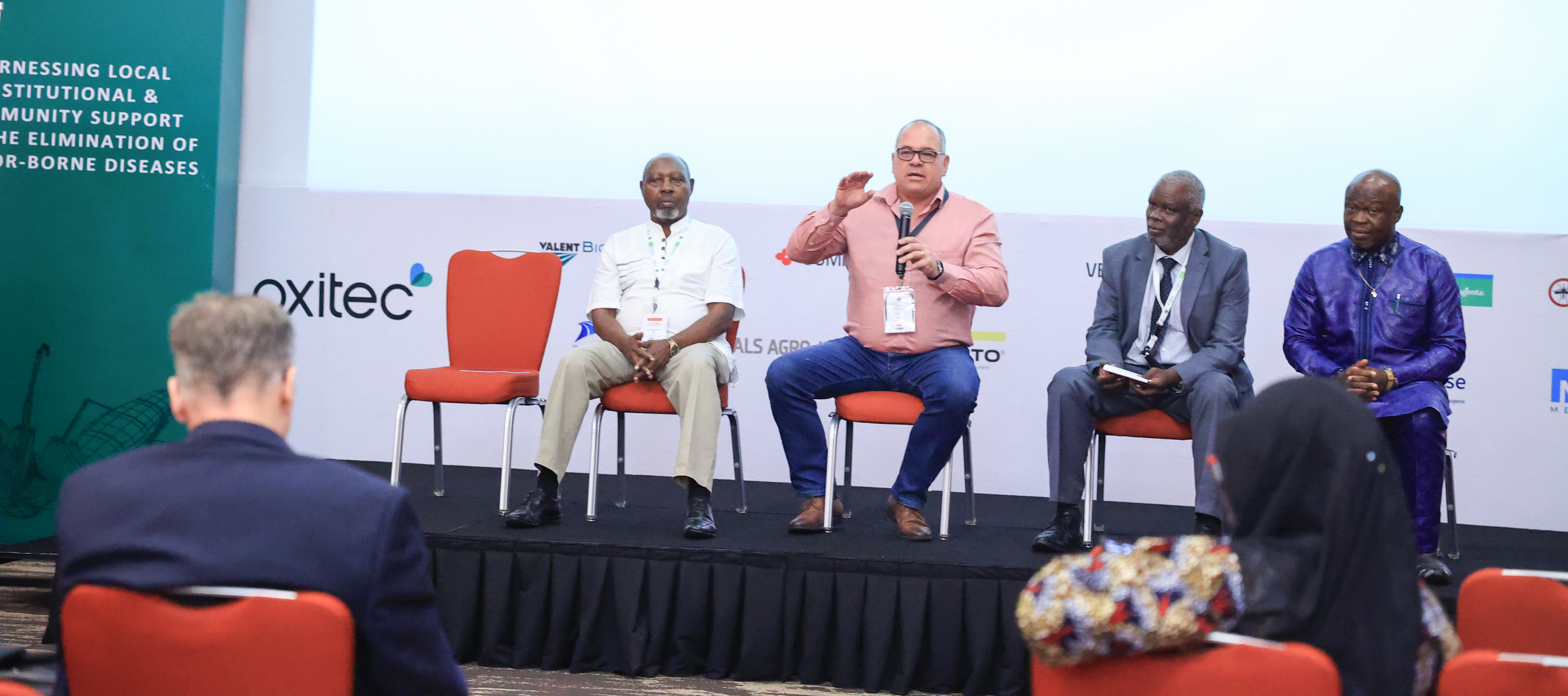Actualités

Malaria remains one of the deadliest diseases in sub-Saharan Africa. Current frontline malaria control interventions consisting primarily of insecticides and drugs are threatened by vector and parasite resistance and have thus proven insufficient to eliminate the disease on the continent. This has given rise to calls for increased investments in expanding research and harnessing innovation for malaria control and elimination. One of these innovations is the use of genetically modified mosquitoes (GMM), which offers the potential to overcome the current challenges. However, the current inadequacy of existing regulatory frameworks in guiding the development, testing, and eventual deployment of this technology, if proven effective and safe, is hindering progress on testing this technology on the continent.
To contribute to addressing this problem, AFIDEP, through the Platform for Dialogue and Action on Health Technologies in Africa (Health Tech Platform), engages key decision-makers and other stakeholders at national and regional levels in Africa to, among others, inform government efforts on the regulatory reforms needed to facilitate the development and testing of the GMM technology.
One such engagement was at the 8th Annual Conference of the Pan-African Mosquito Control Association (PAMCA) in September 2022. AFIDEP hosted a session at the PAMCA conference on ‘Regulating the Development and Testing of Genetically Modified Mosquitoes for Malaria Control in Africa’, which provided a platform for stakeholders to discuss legal and regulatory issues about GMM research in their countries. The session attracted senior government officials and leading experts in biotechnology and biosafety from Kenya, Nigeria, and South Africa. These included Prof Dorrington Ogoyi, formerly of the National Biosafety Authority, Kenya and now at the Department of Biochemistry and Biotechnology, Technical University of Kenya; Dr Agha Ukpai Agha of the National Biosafety Management Agency, Nigeria; Dr Jan-Hendrik Groenewald of Biosafety South Africa; and Prof Charles Mbogo of KEMRI-Wellcome Trust, Kenya and President of PAMCA.
Many African countries lack regulatory guidelines for testing GMM for Malaria control.
The presentations from Kenya and Nigeria noted that the existing guidelines in the two countries only allow the contained release of GMM, meaning that testing of GMM outside contained laboratory facilities (i.e. in open fields) requires new regulatory guidance to be developed. It was further noted that the development of guidelines for open field releases of GMM would require effective integration of relevant regulations and ensure an explicit science-based and fit-for-purpose framework. Additionally, regulations for open field releases must consider movement across national boundaries. This factor suggests a need to harmonise national guidelines and frameworks, or even Africa-wide guidelines to manage potential conflicts will be managed.
The deliberations agreed that any form of regulation undertaken must have at its core adequate scientific knowledge and understanding, not only in research and governance institutions but by the general public so that they make informed decisions regarding their support or non-support for the technology.
There was also a huge consensus on the need to employ risk analysis as a basis for the good governance of GMM testing and use for malaria control and elimination in Africa. A risk analysis offers a framework in which to consider all relevant aspects of issues, including an acknowledgment of specific contexts and the weighing up of the potential benefits and harms.
In all, the session facilitated much-needed exchanges among regulators, researchers and policymakers and enhanced understanding around the development of regulatory guidance for open field testing of GMM for Malaria control in Africa.

